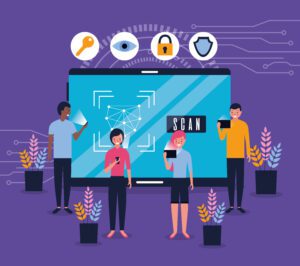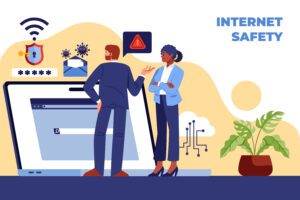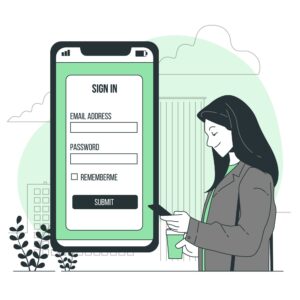
- Be careful to include sensitive information such as: personal information, usernames, and passwords on the website. They should be avoided if not necessary or not important
- Do not create a new online service account, as this may allow hackers to access your account.
- Avoid re-verifying your identity in any service that may be fraudulent and must be carefully checked before entering information.
- Do not submit bank account information
- Avoid using online banking
- When you use Public WiFi, you do not have access to the main system of your workplace unless there is a clear protection mechanism
- Avoid sharing important files or accessing them.
- After stopping to use Public WiFi, do not forget to click Forget the network
- If possible, use the phone’s hotspot instead because it is safer.
- Sometimes we can not avoid using Public WiFi, so you should use VPN (virtual private network)
- Use Two-Factor Authentication (2FA)
- Enable two-factor authentication whenever possible, especially for sensitive accounts. This adds an extra layer of security beyond just a password.
- Update Software
- Ensure that your operating system, antivirus software, and other applications are up-to-date with the latest security patches. Updates often include fixes for known vulnerabilities.
Category :
Share this Article!




